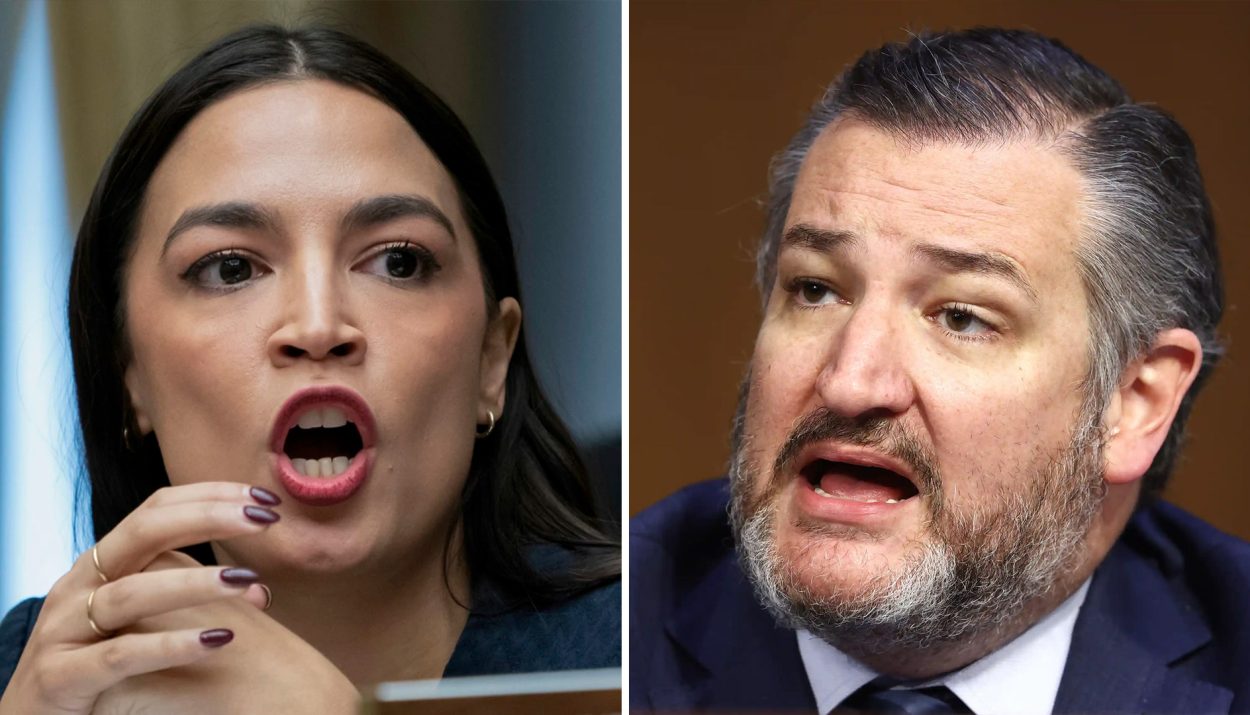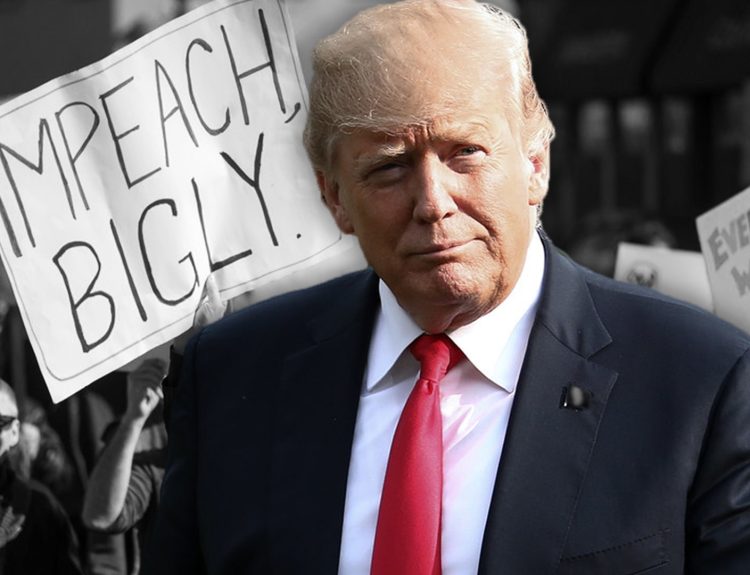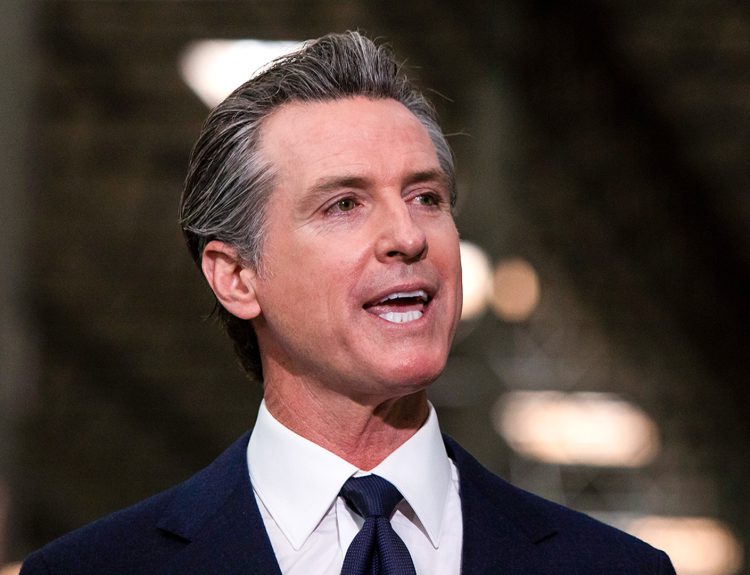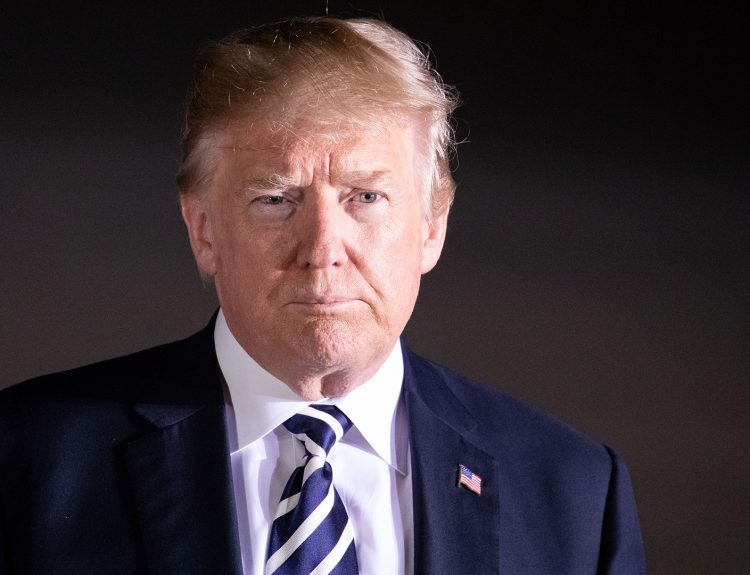In a fiery exchange during an impeachment-related hearing, Rep. Alexandria Ocasio-Cortez (D-New York) clashed with Sen. Ted Cruz (R-Texas) over the interpretation of RICO laws. The confrontation unfolded as House Republicans attempted to make a case for impeaching President Joe Biden using witness testimony from his son’s former business partner, Tony Bobulinski.
AOC Grills Bobulinski on Specific Crimes
During her questioning, AOC relentlessly pressed Bobulinski to name the specific crimes he witnessed Hunter Biden commit. When Bobulinski mentioned “RICO,” AOC swiftly reminded him that “RICO is not a crime — it is not a category.” Her line of questioning aimed to expose the lack of concrete evidence presented by House Republicans.
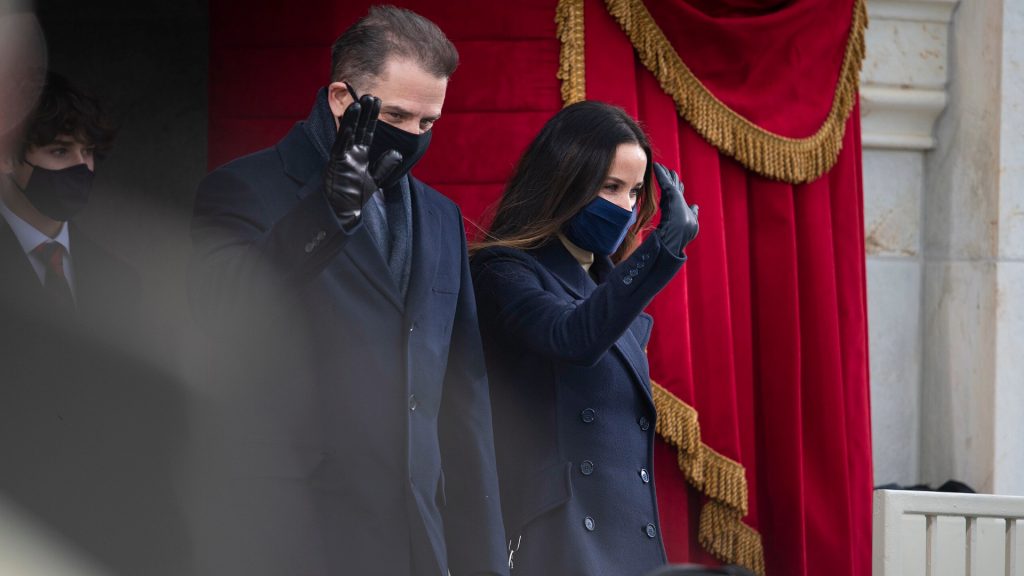
AOC’s pointed interrogation highlighted the importance of substantiating claims with specific criminal offenses when invoking RICO laws. Her relentless pursuit of clarity left Bobulinski struggling to provide concrete examples of wrongdoing.
Cruz Implies AOC’s Misunderstanding of RICO
In response to a video of AOC questioning Bobulinski, Sen. Ted Cruz took to social media to imply that AOC believed RICO offenses were not illegal. However, Cruz’s interpretation of AOC’s statement was misleading, as she had emphasized that RICO encompasses a category of offenses rather than being a singular crime.
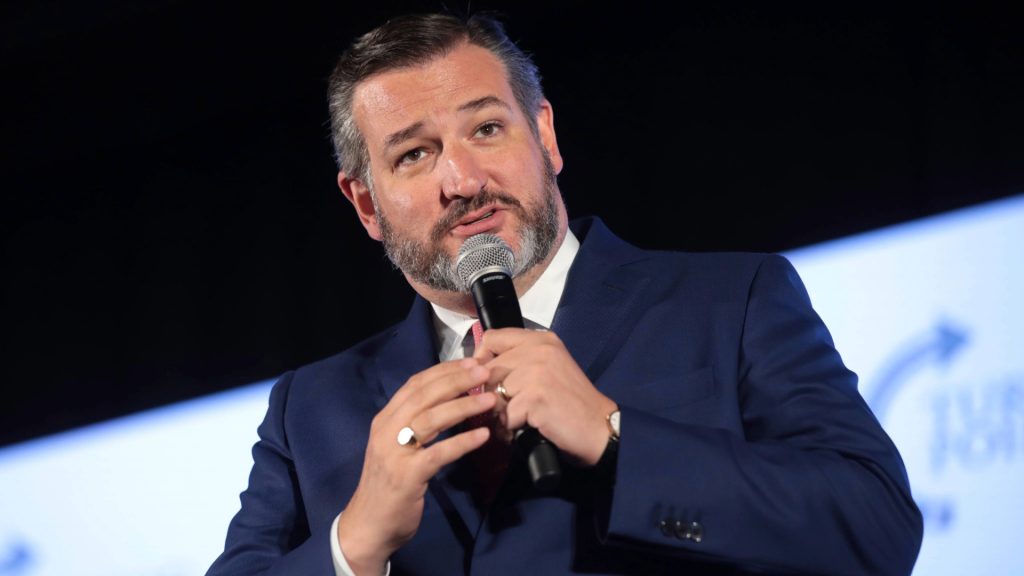
Cruz’s tweet sparked a heated exchange between the two lawmakers, with AOC challenging him to provide specific RICO crimes and evidence that the House GOP possessed to substantiate their claims against President Biden.
RICO Laws Explained
The Racketeer Influenced and Corrupt Organizations Act (RICO) was passed by Congress in 1970 and signed into law by President Richard Nixon. RICO laws are designed to combat organized crime by allowing prosecutors to link multiple criminal acts together as part of a larger criminal enterprise.
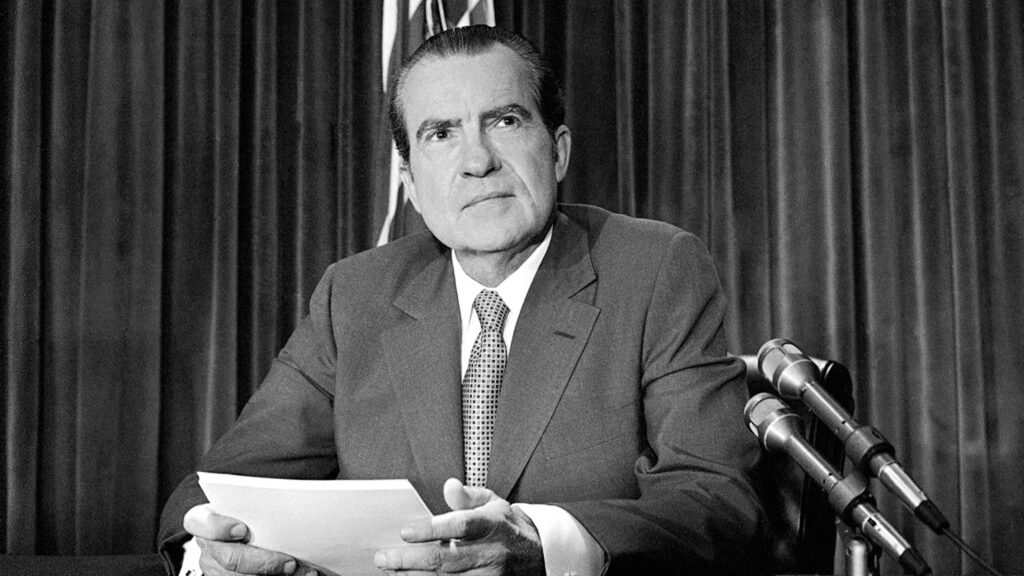
RICO laws have been used in high-profile cases, such as the ongoing election interference case against former President Donald Trump and his co-defendants, led by Fulton County, Georgia District Attorney Fani Willis.
AOC Challenges Cruz to Provide Evidence
In her response to Cruz’s tweet, AOC called on him to showcase his expertise by specifying the RICO crimes and evidence that the House GOP had against President Biden. She emphasized that simply invoking RICO without substantiating the claims with specific criminal offenses was insufficient.

AOC’s challenge to Cruz highlighted the need for concrete evidence when making accusations of criminal wrongdoing, especially in the context of impeachment proceedings against a sitting president.
Bobulinski’s Inability to Name Crimes
As the exchange between AOC and Cruz unfolded on social media, X user Diana Minister pointed out that when AOC asked Bobulinski to name a crime Biden had committed, he was unable to provide a specific answer. This observation further underscored the lack of substantial evidence presented by House Republicans during the hearing.
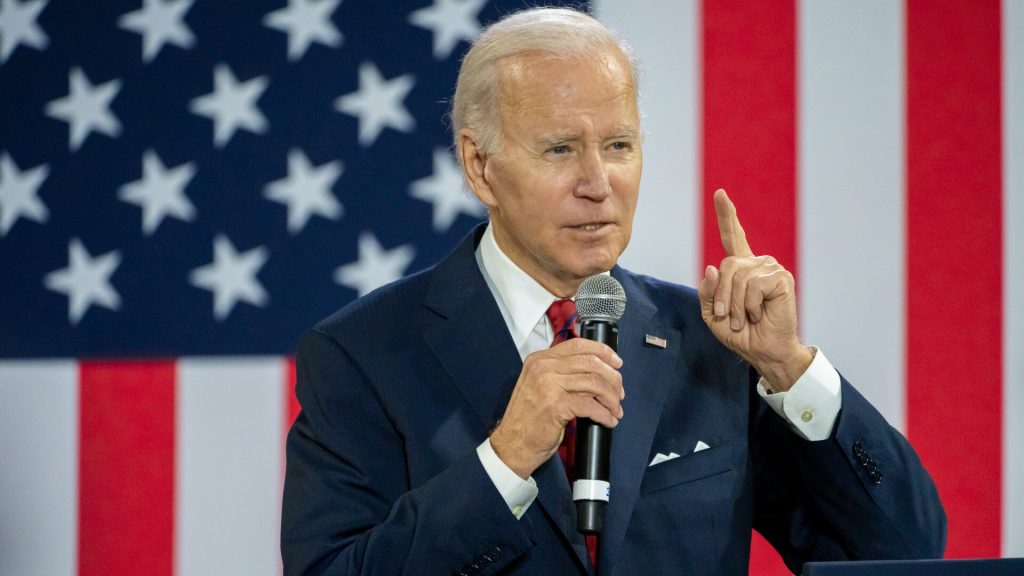
The inability of the key witness to pinpoint specific criminal offenses raised questions about the validity of the House Republicans’ case against President Biden and the effectiveness of their impeachment efforts.
The Importance of Specificity in Legal Accusations
AOC’s grilling of Bobulinski and her subsequent exchange with Cruz underscored the crucial importance of specificity when making legal accusations, particularly in the context of impeachment proceedings. Invoking broad legal concepts like RICO without providing concrete evidence of specific crimes can undermine the credibility of the accusations.
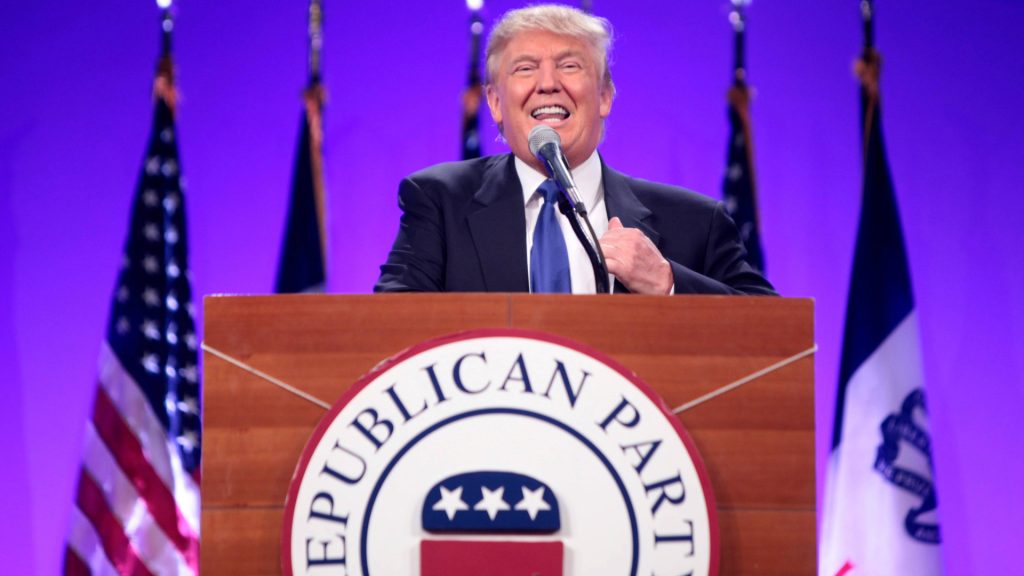
As the impeachment-related hearing unfolded, AOC’s relentless questioning exposed the weaknesses in the House Republicans’ case and highlighted the need for substantiated claims backed by clear evidence of wrongdoing.
The Political Divide in Impeachment Efforts
The clash between AOC and Cruz during the impeachment-related hearing reflected the deep political divide surrounding efforts to impeach President Joe Biden. While House Republicans sought to build a case against the president using witness testimony, Democrats, like AOC, challenged the validity of the accusations and demanded concrete evidence of criminal offenses.
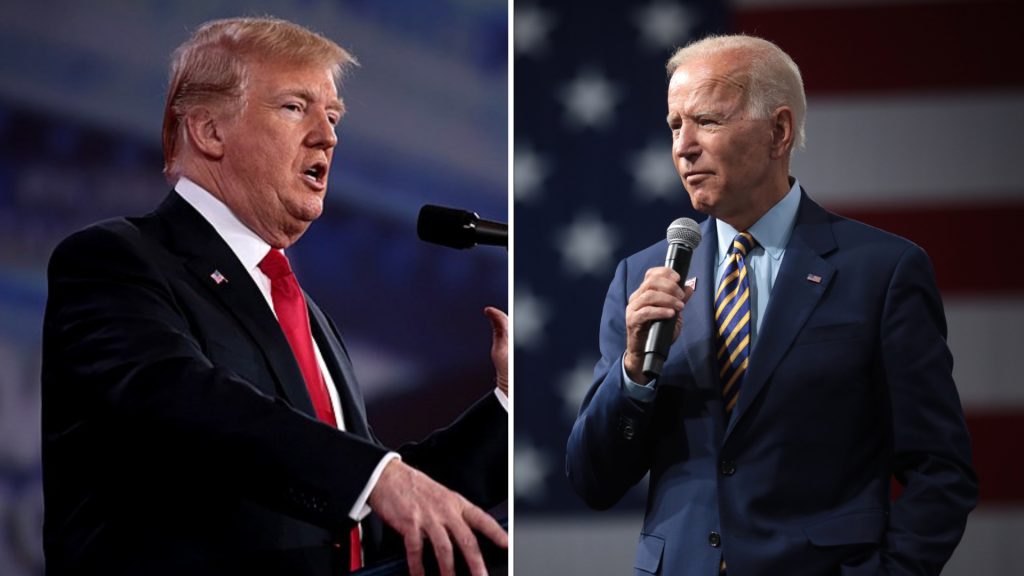
The heated exchange between the two lawmakers showcased the partisan nature of the impeachment proceedings and the differing interpretations of legal concepts like RICO laws.
The Role of Witness Testimony in Impeachment Proceedings
The reliance on witness testimony, such as that of Tony Bobulinski, in impeachment proceedings underscores the importance of credible and substantiated evidence. When key witnesses are unable to provide specific examples of criminal wrongdoing, it can weaken the case against the accused and raise doubts about the legitimacy of the impeachment efforts.
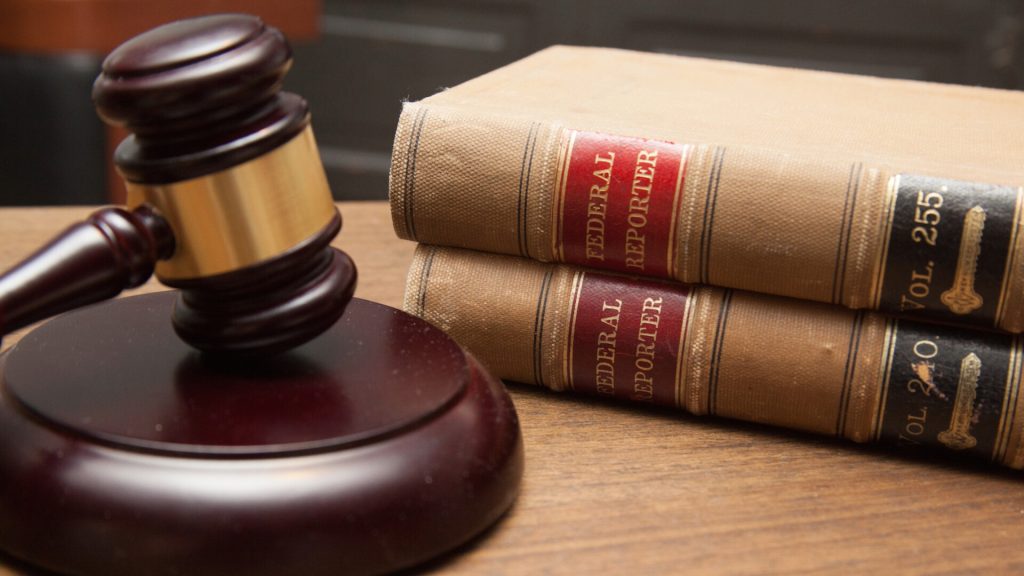
As the impeachment-related hearing progressed, the effectiveness of witness testimony in building a strong case against President Biden came under scrutiny, with AOC’s questioning exposing potential weaknesses in the House Republicans’ strategy.
The Burden of Proof in Impeachment Cases
Impeachment proceedings, like any legal case, require a high burden of proof to establish wrongdoing. The exchange between AOC and Cruz highlighted the need for House Republicans to present clear and convincing evidence of specific criminal offenses to justify their efforts to impeach President Biden.
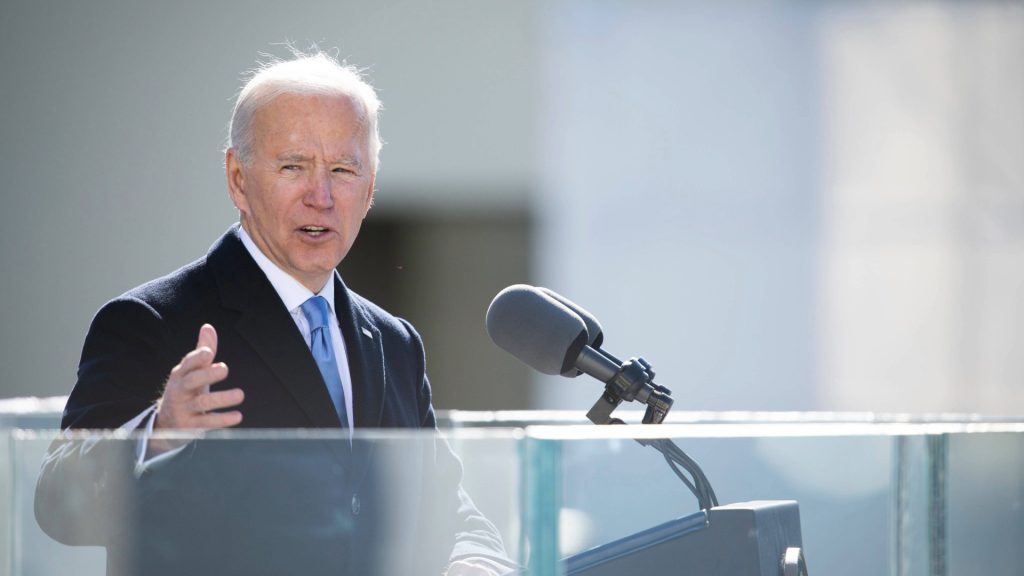
AOC’s insistence on naming specific RICO crimes and providing supporting evidence underscored the importance of meeting this burden of proof in impeachment cases, ensuring that accusations are substantiated and not merely political theater.
The Impact of Social Media on Political Discourse
The heated exchange between AOC and Cruz played out not only in the halls of Congress but also on social media platforms like X (formerly Twitter). The rapid spread of video clips and tweets showcased how social media has become a key battleground for political discourse and public opinion.

As lawmakers engage in public debates and arguments through social media, it highlights the need for responsible and accurate communication, as misinterpretations and misleading statements can quickly gain traction and shape public perception.
The Significance of RICO Laws in High-Profile Cases
The invocation of RICO laws in the impeachment-related hearing against President Biden underscores the significance of these laws in tackling organized crime and corruption. RICO laws have been used in high-profile cases, such as the ongoing election interference case against former President Donald Trump led by District Attorney Fani Willis.
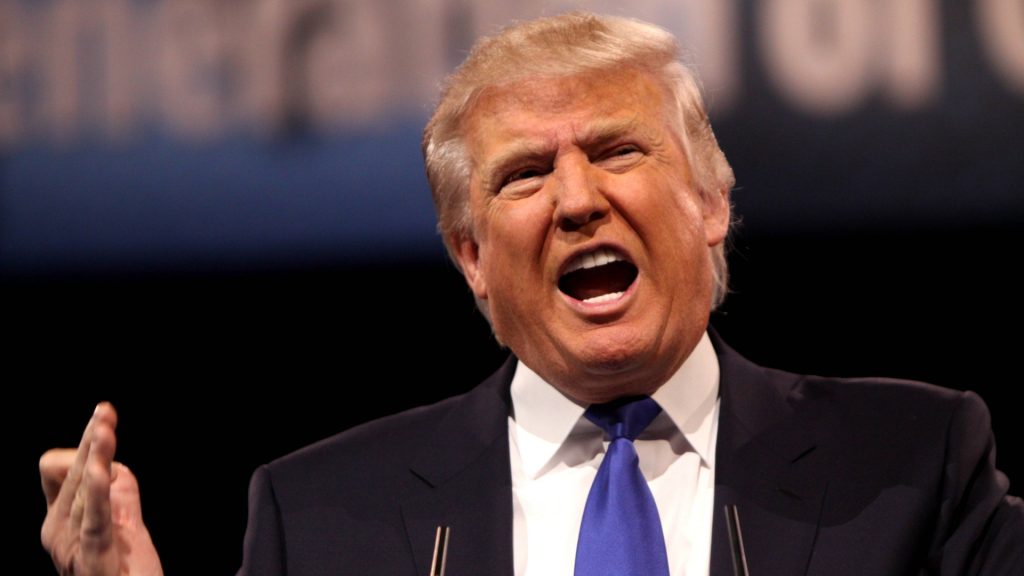
The application of RICO laws in these high-stakes cases demonstrates their power to hold individuals accountable for their actions and combat systemic corruption.
The Need for Clarity and Precision in Legal Arguments
AOC’s exchange with Cruz and her questioning of Bobulinski emphasize the need for clarity and precision when making legal arguments, especially in the context of impeachment proceedings. Vague accusations and broad invocations of legal concepts without specific evidence can undermine the credibility of the case and lead to public confusion.
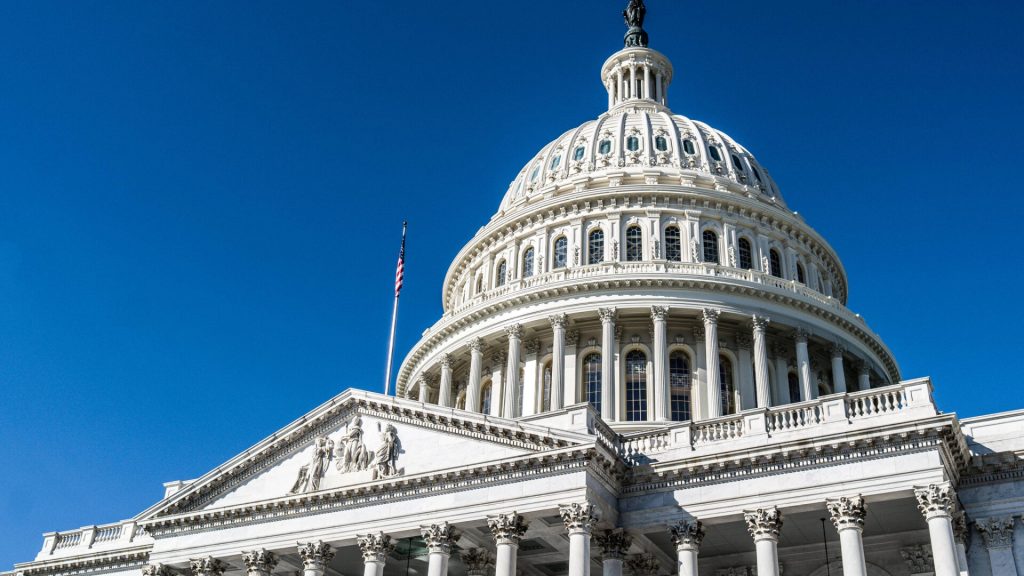
As the impeachment-related hearing against President Biden continues, lawmakers on both sides of the aisle must strive for accuracy and specificity in their arguments to ensure a fair and transparent process.
The Role of Congress in Upholding the Rule of Law
The clash between AOC and Cruz during the impeachment-related hearing highlights the crucial role of Congress in upholding the rule of law and ensuring that accusations of wrongdoing are properly investigated and substantiated. As elected representatives, lawmakers have a responsibility to prioritize evidence-based decision-making over partisan politics.
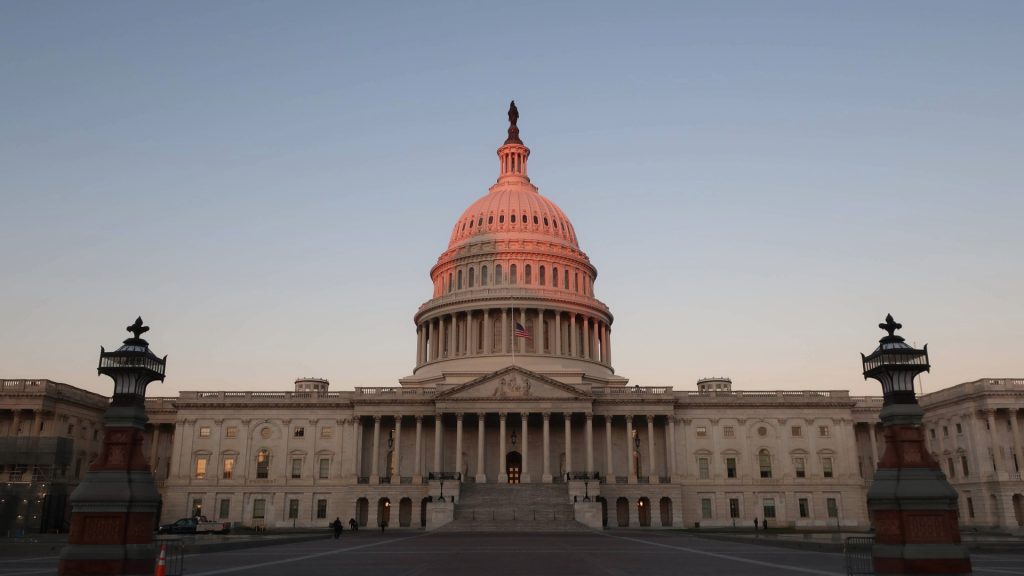
As the impeachment proceedings against President Biden unfold, Congress needs to approach the matter with impartiality, thoroughness, and a commitment to the truth, regardless of political affiliations.
The Lessons Learned from AOC and Cruz’s Exchange
The heated exchange between Rep. Alexandria Ocasio-Cortez and Sen. Ted Cruz during the impeachment-related hearing against President Joe Biden offers valuable lessons for lawmakers, legal experts, and the public alike. It underscores the importance of specificity in legal accusations, the need for substantiated evidence, and the role of Congress in upholding the rule of law.
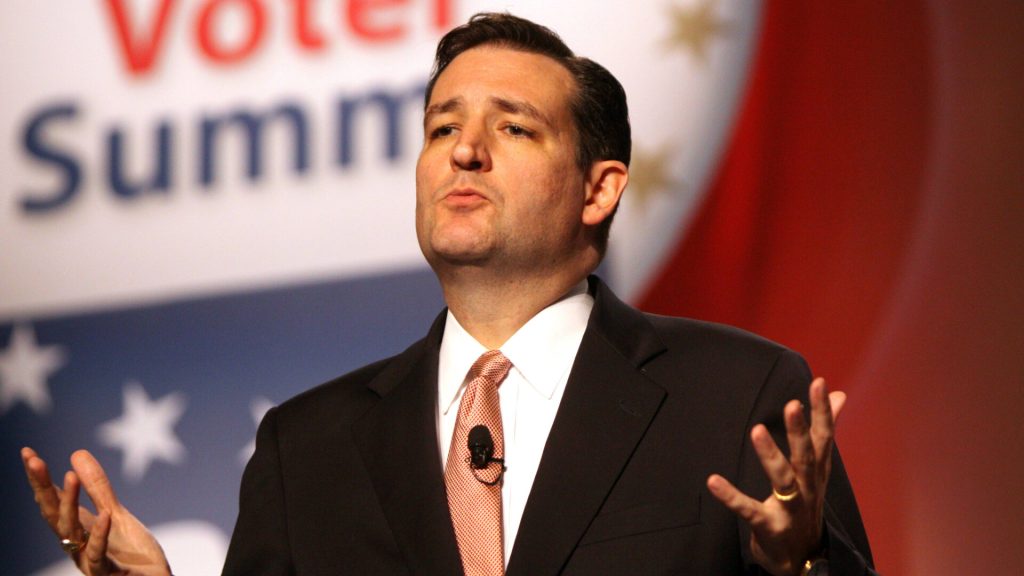
As the impeachment proceedings continue, it is crucial for all parties involved to prioritize facts, evidence, and the pursuit of justice over partisan politics. Only by adhering to these principles can the American people have confidence in the integrity of the impeachment process and the overall functioning of their democratic institutions.

